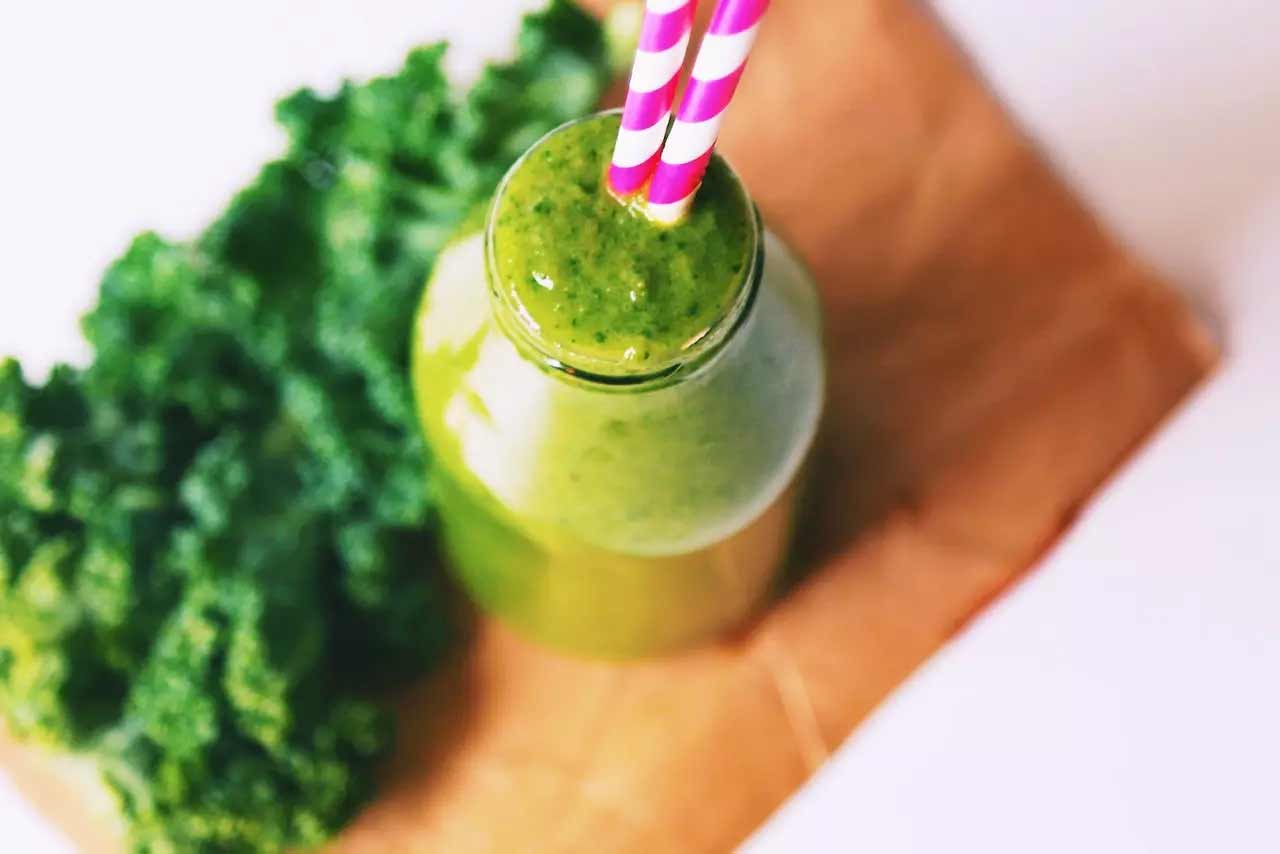The rise of diet culture and social media has created the perfect storm of confusing and often misinformed nutrition advice. It’s easy to feel overwhelmed and stuck in your own health journey. I’m here to help you sort through the madness. I wrapped up the most common weight loss misconceptions that I encounter as a nutritionist and looked at what the science says about each of them.
Misconception #1: A low carb diet will help you burn fat and lose weight
The Theory
A lot of fads are based on actual science that has become over-generalized or exaggerated. Low carb diets are no exception. Carbohydrates trigger an increase in insulin. Insulin cues your body to store fat. In theory, swapping higher carb foods for lower carb ones and keeping your calories the same would reduce fat store cues, increase calories burned, and result in weight loss. However, clinical trials comparing different low carb diets have found that weight loss is more dependent on total calorie intake than avoiding any one food group (1). One study found that very lower carbohydrate diets may be more favorable than high carb diets when it comes to weight maintenance (2).
Should you try it?
There’s no need to go low carb if it doesn’t fit your lifestyle or make you feel good. The biggest driver of weight loss appears to be a calorie deficit—taking in fewer calories than you burn—low-carb diets probably aren’t your most effective strategy. In fact, very low-carb diets like keto or Atkins may even hurt your health. Diets around 50-55% carbohydrate seem to be a safe option.
Misconception #2: You should be intermittent fasting
The Theory
There are a lot of ways to go about intermittent fasting, but in general, it includes a small window of time in which you can eat whatever you like (usually 8 hours) followed by a period of fasting (usually 16 hours). There is a lot of emerging research on this topic, most looking at the overweight and obese populations who have used alternate-day fasting. This means the participants cut their calories down to 25% below their break-even point for a day, then returned to their regular diet the next. Many studies found that IF is effective for weight loss but the results weren’t as clear when compared with other calorie-restricted diets (3). Overall, it seems the benefits came more from the overall drop in calories than the schedule itself. In other words: It’s about how many calories you take in, not when you eat them.
Should you try it?
There’s more to be learned on this topic, but for now, it’s not clear how intermittent fasting compares to other ways of cutting calories. If you’ve set a weight-loss goal, your best option is probably to eat a healthy, lower-calorie diet on a schedule that works for you.
Misconception #3: You need to buy “health” foods to lose weight
The Theory
I have counseled a lot of people who tell me that eating healthy is too expensive and rightly so. The supermarket can be an overwhelming place. The reality is you don’t need pricey products to achieve your health and weight-loss goals. Conventional produce—ordinary, everyday fruits and vegetables—can get you there just as well. In fact, some foods labeled “healthy”, notably gluten-free products, can be higher in calories than their regular counterparts.
Should I try it?
There are a lot of reasons to buy organic produce, but weight loss isn’t’ one of them. If you’re feeling overwhelmed at the grocery store, try and shop in the order that you would construct a meal. I like to start with some produce and fresh herbs, select a grain like brown rice or pasta, a lean protein, and then think about the sauces and seasonings.
The take-away
Remember, there are loads of ways to support your health goals and weight loss may or may not need to be a part of that. Diets seem to work in the short term- but in the long run, most people end up gaining weight back or gaining even more weight than when they started their diet. A balanced nutrient-dense diet is still the best nutrition advice out there. The single most important factor for following through with your health goal? Adherence. The best diet is the one you can stick to. Who knows, you can even pair it with the french press exercise on a daily basis.

